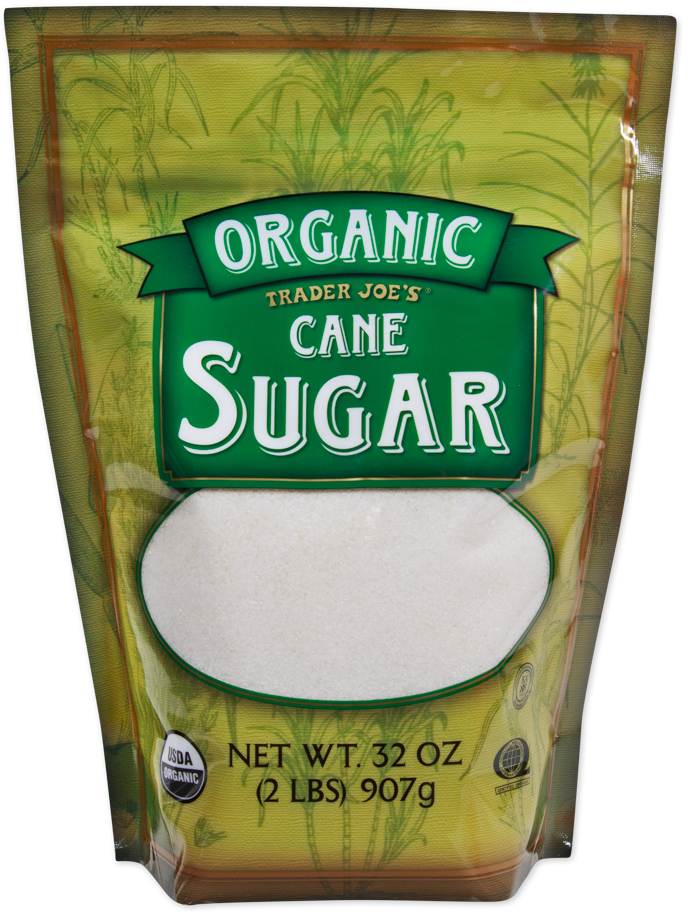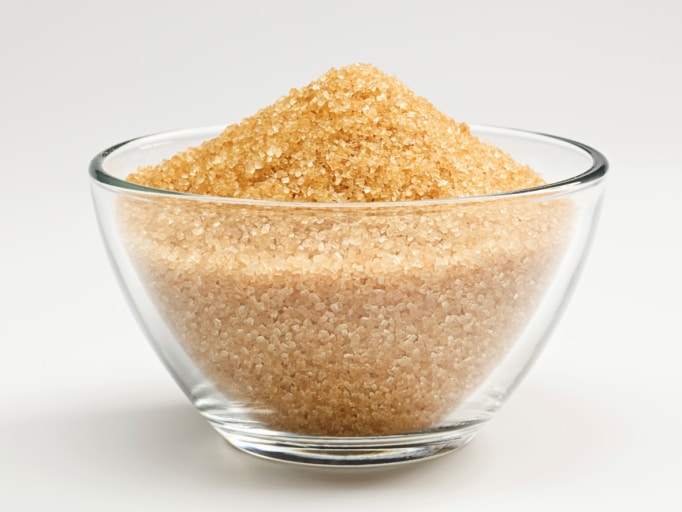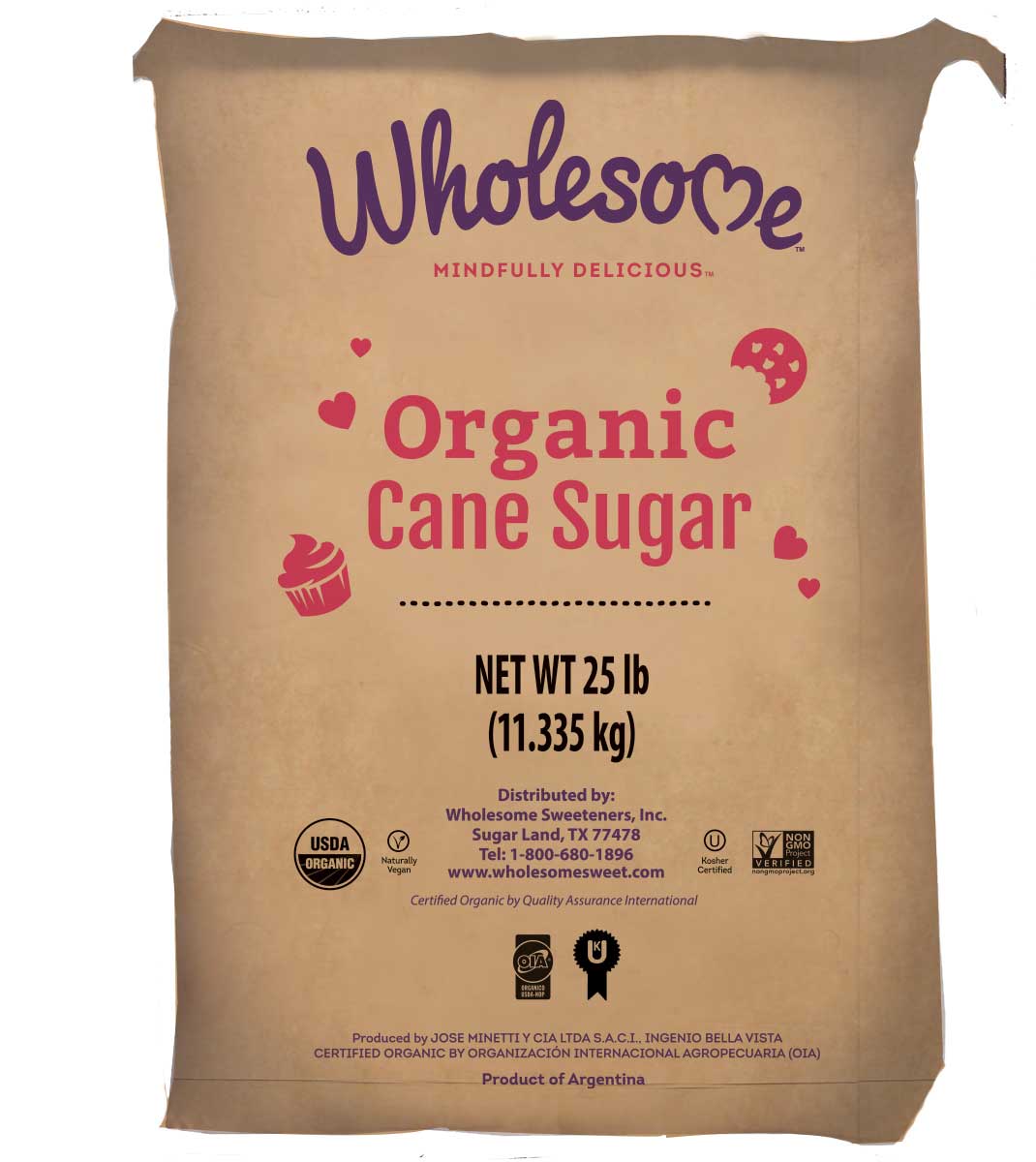Navigating Regulatory Compliance and Sustainability With Cutting-Edge Walking Stick Sugar Handling Chemicals in the Chemical Export Sector

Regulatory Landscape Overview
In the world of cane sugar handling chemicals within the chemical export industry, recognizing the regulatory landscape is vital for ensuring conformity and sustainable procedures. Regulatory bodies such as the Epa (EPA) and the Fda (FDA) play a critical role in supervising the manufacturing, import, and export of these chemicals. Compliance with laws stated by these bodies is not just a lawful requirement yet additionally important for keeping public health and wellness and environmental safety requirements.
Regulative structures controling cane sugar processing chemicals incorporate a vast array of aspects, including labeling demands, permissible degrees of specific materials, and standards for secure handling and disposal. For chemical exporters, this indicates sticking to strict documentation processes, top quality control procedures, and periodic audits to show adherence to these regulations.

Sustainable Walking Stick Sugar Chemical Innovations

One prominent location of technology is the growth of environment-friendly chemicals that minimize water and power consumption throughout the sugar processing phases. By implementing these sustainable solutions, firms can reduce their carbon footprint while keeping high levels of productivity. Additionally, innovations in biodegradable chemicals are obtaining traction, supplying an extra environmentally pleasant choice to conventional processing representatives.
Additionally, the assimilation of renewable resource sources in the production process is becoming extra widespread, further boosting the sustainability account of cane sugar handling. By embracing these sustainable walking cane sugar chemical developments, firms can not just satisfy regulative demands however likewise show a commitment to ecological obligation in the chemical export sector.
Compliance Obstacles in Exporting Chemicals
Navigating regulatory structures presents substantial challenges for chemical exporters, calling for careful attention to compliance criteria and worldwide laws. Exporting chemicals entails adherence to a complicated internet of policies that vary from nation to country. One of the primary compliance obstacles encountered by chemical merchants is making sure that the products fulfill the specific regulative requirements of the importing country. This consists of getting the needed authorizations, accreditations, and documentation to show the safety and validity of the chemicals being exported.
Furthermore, chemical exporters should remain abreast of constantly evolving requirements and guidelines associated with chemical transport, production, and handling. Failure to abide by these laws can result in extreme repercussions, including penalties, lawsuit, and reputational damages. Browsing profession constraints, permissions, and export control regulations includes an additional layer of complexity to the conformity landscape for chemical exporters.
To mitigate these obstacles, chemical exporters should spend in durable conformity programs, perform routine audits, and involve with regulative authorities to make certain a complete understanding of the suitable regulations and laws. By prioritizing compliance and remaining proactive in attending to regulatory obstacles, chemical exporters can navigate the intricacies of international trade successfully.
Environmental Influence of Cane Sugar Processing
The environmental implications of walking stick sugar handling are an important aspect calling for detailed examination in the chemical export industry. Walking stick sugar processing can have considerable environmental influences at numerous phases of manufacturing. Among the main worries is the generation of big volumes of wastewater having raw material, put on hold solids, and chemicals used in the processing plants. This wastewater, if not properly treated, can pollute water bodies, damage marine life, and degrade total water high quality. Additionally, the burning of sugarcane fields before gathering, an usual method in some areas, releases dangerous air contaminants and greenhouse gases into the atmosphere, adding to air quality issues and environment change.
Additionally, the comprehensive usage of chemicals and plant foods in sugarcane farming can great site lead to dirt degradation, water contamination, and damage to non-target microorganisms. It is vital for chemical exporters associated with the walking stick sugar processing industry to implement sustainable methods, purchase innovative wastewater therapy innovations, promote liable farming techniques, and adhere to strict environmental regulations to minimize the adverse ecological effect of their operations.
Future Trends in Sustainability Practices
What innovative methods are chemical exporters in the cane sugar processing industry adopting to boost sustainability practices for the future? One famous fad is the shift towards developing and making use of environment-friendly chemicals in the processing of cane sugar - Cane Sugar Processing Chemicals.
Another key trend is the execution of sophisticated technologies such as automation and data analytics to maximize resource usage and decrease waste generation. By utilizing the power of information and automation, chemical merchants can improve their operations, boost power efficiency, and boost overall sustainability efficiency.
Furthermore, partnerships and partnerships with sustainability-focused organizations and stakeholders are ending up being progressively common. By interacting, chemical merchants can exchange knowledge, share best methods, and jointly drive advancement in the this hyperlink direction of more lasting cane sugar processing methods. Welcoming these patterns will not only profit the setting but also ensure long-lasting success and competition in the industry.
Final Thought
Finally, the chemical export market should navigate intricate governing landscapes and sustainability challenges when processing walking stick sugar. Innovations in walking cane sugar processing chemicals are important to meeting conformity criteria and minimizing environmental effect. As the market proceeds to advance, it is very important for firms to embrace lasting techniques and remain ahead of future fads to make sure lasting success.
In the world of walking cane sugar processing chemicals within the chemical export industry, understanding the regulative landscape is paramount for making sure compliance and sustainable operations.Exploring cutting-edge methods in the growth of sustainable walking stick sugar chemical services is critical for progressing ecological stewardship in the chemical export industry. Firms are significantly investing in research study and advancement to produce advanced walking stick sugar processing chemicals that not just ensure high performance in sugar manufacturing yet also adhere to rigorous sustainability criteria.
Furthermore, chemical exporters need to remain abreast of frequently progressing policies visit their website and standards related to chemical manufacturing, transport, and handling - Cane Sugar Processing Chemicals.The ecological implications of walking stick sugar handling are a crucial aspect calling for comprehensive assessment in the chemical export industry